Most change programs are belated, convulsive and ineffective. The solution: change programs that are built from the bottom up, give everyone a voice, and are emergent rather than engineered.
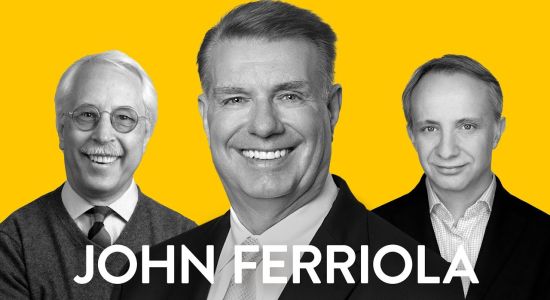 +
+
Unleashing Everyday Genius with John Ferriola
John Ferriola is the former CEO of Nucor, America's preeminent steelmaker. At Nucor, operating crews take responsibility for business development, capital planning, product innovation, process improvement, and cross-plant coordination.
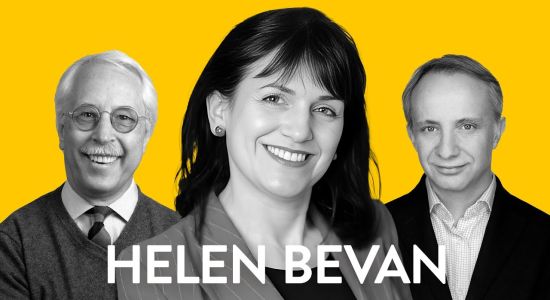 +
+
How to Build Unstoppable Change with Helen Bevan
Helen Bevan is a Professor of Practice in Health & Care Improvement at Warwick Business School, and a strategic advisor with the National Health Service.
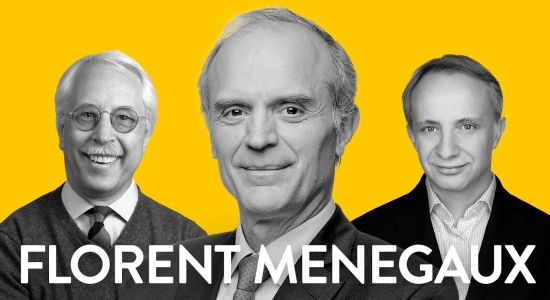 +
+
Michelin's Path to Empowerment with Florent Menegaux
Florent Menegaux is the CEO of Michelin, the the largest tire maker in the world.
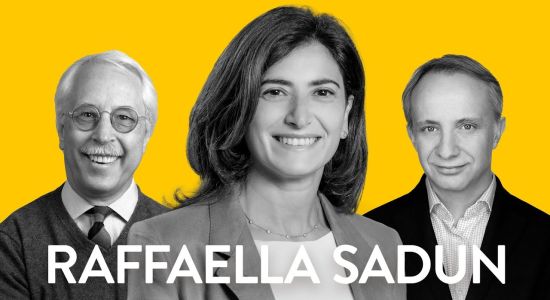 +
+
Why Management Matters with Raffaella Sadun
Raffaella Sadun is the Charles E. Wilson Professor of Business Administration at Harvard Business School, and her research focuses on the managerial and organizational drivers of productivity, profitability, growth, and longevity.
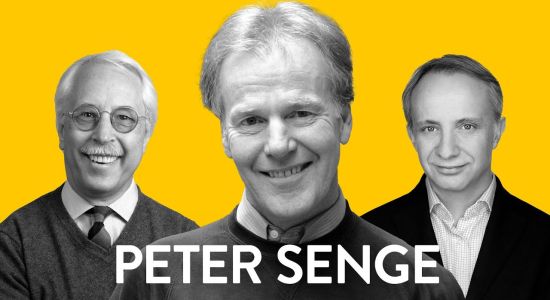 +
+
Leading System Change with Peter Senge
Peter M. Senge is one of the world’s pre-eminent thinkers on organizational learning and systems change.
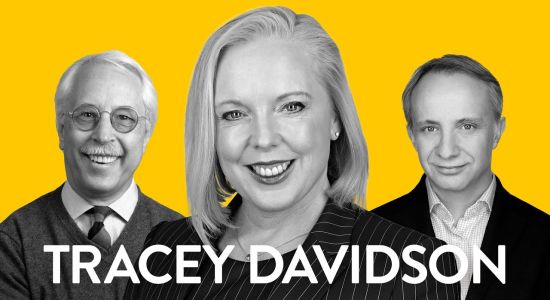 +
+
Decentralizing Your Way to Success with Tracey Davidson
Tracey Davidson is the Deputy Chief Executive of Handelsbanken UK and Chair of Handelsbanken Wealth and Asset Management. Handelsbanken is one of the world's best performing and efficient banks, and arguably the most decentralized: each branch operates like a stand-alone business.
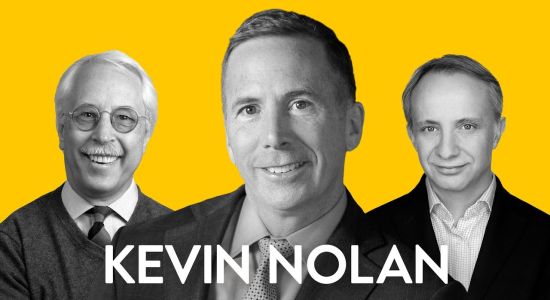 +
+
Entrepreneurs everywhere with Kevin Nolan
Kevin is the President & Chief Executive Officer of GE Appliances, a Haier company, headquartered in Louisville, Kentucky.
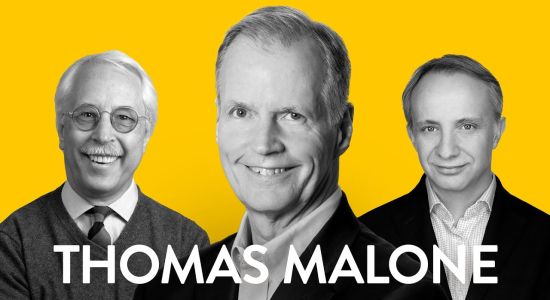 +
+
Harnessing Collective Intelligence with Tom Malone
Tom Malone is the Patrick J. McGovern Professor of Management at the MIT Sloan School of Management and the founding director of the MIT Center for Collective Intelligence.
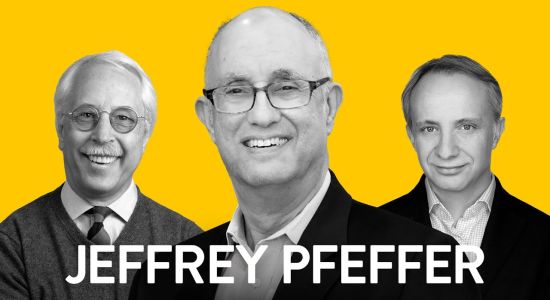 +
+
How to Fix the Workplace—for Real—with Jeffrey Pfeffer
Jeff Pfeffer is a Professor of Organizational Behavior at Stanford's Graduate School of Business and author of several provocative books, including "Dying for a Paycheck," "Leadership B.S.," and the newly-published "7 Rules of Power." In this episode of the New Human Movement, we talk to Jeff abo
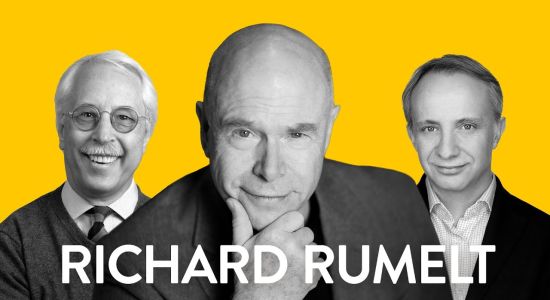 +
+
Mastering the Art of Strategy with Richard Rumelt
Richard is a professor of strategy at UCLA’s Anderson School of Management, and the author of The Crux: How Leaders Become Strategists.
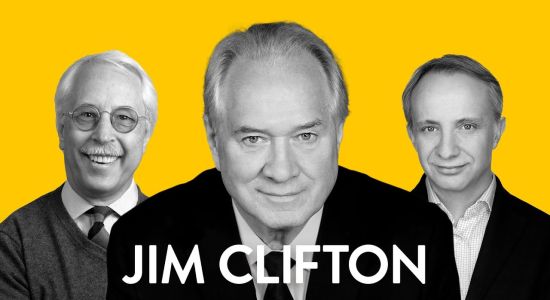 +
+
The Power of Employee Engagement with Jim Clifton
Jim Clifton is the Chairman of Gallup, the world-renowned polling, analytics and advice organization. Jim has tracked what makes people thrive at work for decades, and written several bestselling books on the topic.
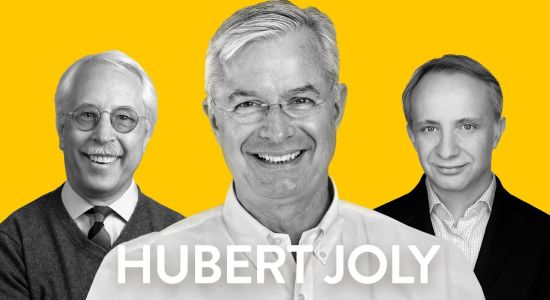 +
+
The Heart of Business with Hubert Joly
Hubert Joly is the former the former Chairman and CEO of Best Buy and author of The Heart of Business.
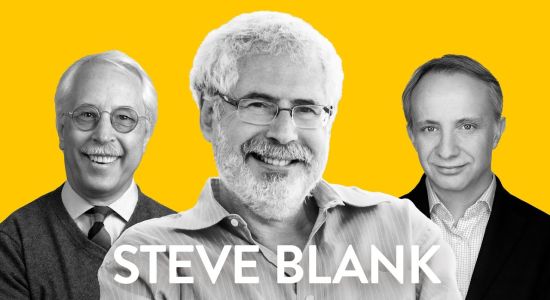 +
+
Going Beyond “Innovation Theater” with Steve Blank
Steve is a serial entrepreneur with eight different Silicon Valley startups to his name, and the author of The Startup Owner’s Manual.
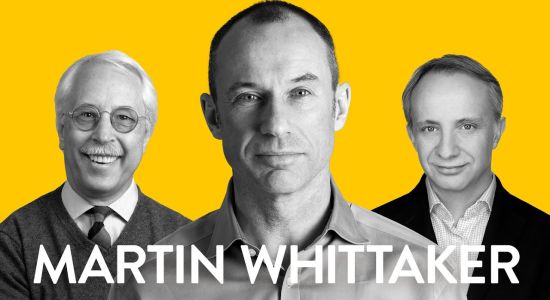 +
+
Building a More Just Economy with Martin Whittaker
Martin Whittaker is the founding CEO of JUST Capital, an independent nonprofit that tracks, analyzes, and engages with large corporations to improve how they serve all their stakeholders.
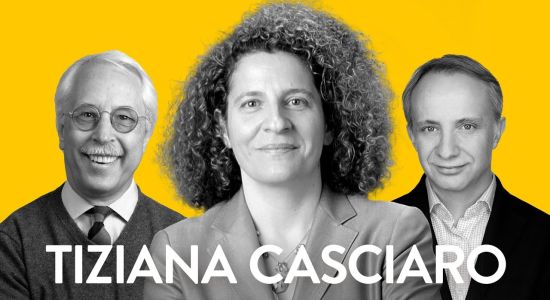 +
+
Power for All with Tiziana Casciaro
Tiziana Casciaro is a Professor of Organizational Behavior at the University of Toronto’s Rotman School of Management, and co-author (with Julie Battilana) of Power for All.
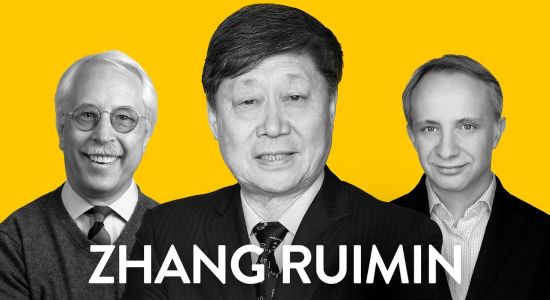 +
+
Entrepreneurship at Scale with Zhang Ruimin
Zhang Ruimin is the founder and Chairman Emeritus of the Haier Group, the world’s largest appliance maker. During his 37-year tenure as Haier CEO, Zhang architected one of the world’s most radical management makeovers.
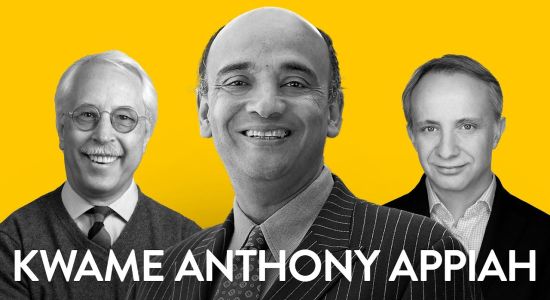 +
+
A Moral Revolution in Business with Kwame Anthony Appiah
Anthony is a professor of philosophy at New York University, author of several books, including the “Honor Code,” and writer of the weekly “Ethicist” column in The New York Times Magazine.
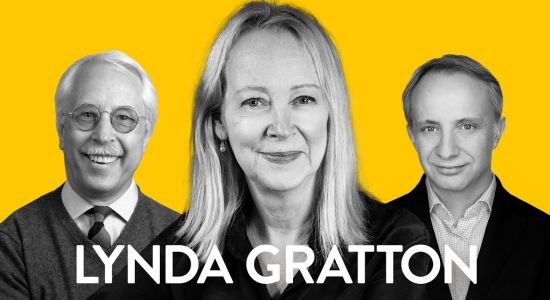 +
+
Redesigning Work with Lynda Gratton
Lynda is a professor at the London Business School and one of the world’s leading experts on the future of work. In her latest book, Redesigning Work, Lynda argues that the pandemic has created a once-in-a-lifetime opportunity to reimagine the workplace.
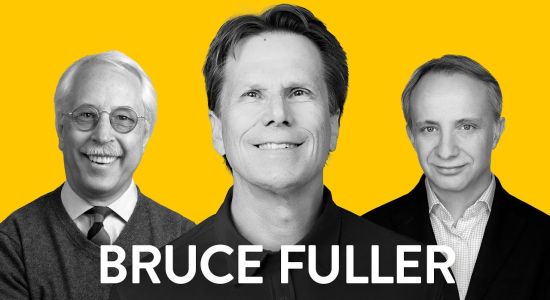 +
+
Organizing Locally with Bruce Fuller
Bruce is a sociologist at UC Berkeley at the author of Organizing Locally. In this episode of the New Human Movement, we talk to Bruce about the power of decentralization.
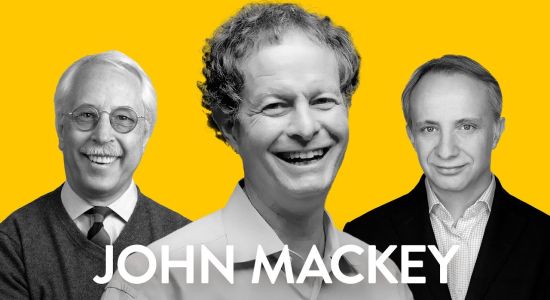 +
+
Conscious Leadership with John Mackey
John is the CEO of Whole Foods Market, which he built from a single store in Austin, Texas in 1978, into a leading organic grocer with more than 95,000 team members.
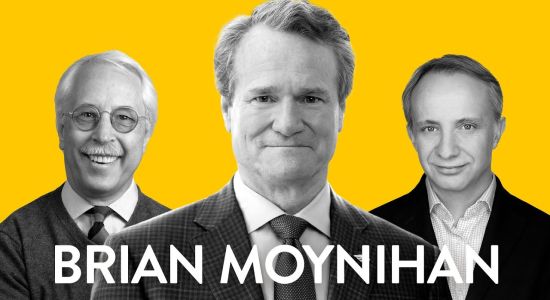 +
+
Thinking Bigger about Social Accountability with Brian Moynihan
Brian is the Chair of the Board and CEO of Bank of America, one of the world’s largest financial institutions. In this episode of the New Human Movement, Gary and Michele talk to Brian about the key metrics we should use to hold companies accountable for their social impact, and how to build an organization that infuses dignity and opportunity in every job.
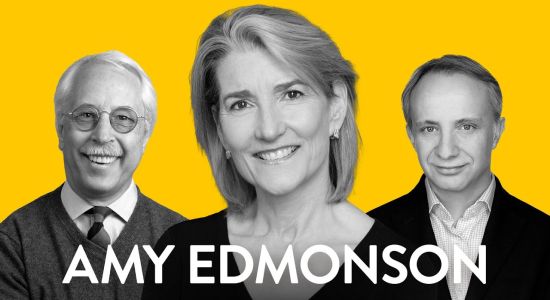 +
+
Building Fearless Organizations with Amy Edmondson
Amy is a professor at Harvard Business School and an expert on psychological safety and teaming at work. In this episode of the New Human Movement, Gary and Michele talk to Amy about creating high-trust, low-fear work environments.
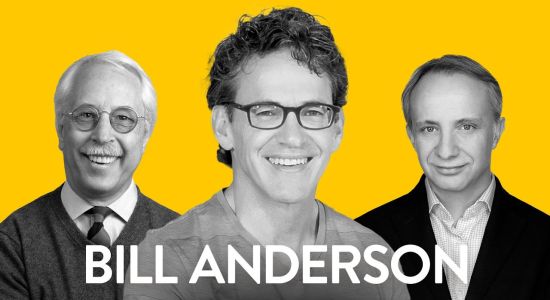 +
+
Busting Bureaucracy with Bill Anderson
Bill is the CEO of Roche Pharmaceuticals, and for the past 5 years has been leading a crusade to “smash” bureaucracy. In this episode of the New Human Movement, Gary and Michele talk to Bill about what it takes to create a more empowering and entrepreneurial organization.
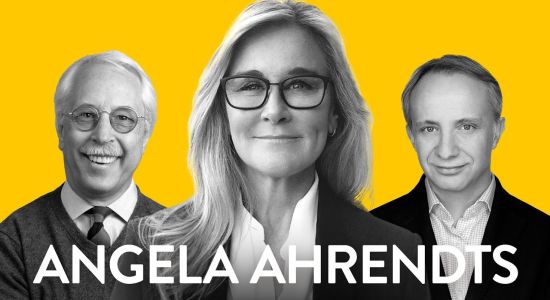 +
+
Leading From the Heart with Angela Ahrendts
Angela Ahrendts is the former CEO of Burberry and head of Retail for Apple. In this episode, we discuss how leadership needs to be reimagined for a new age.
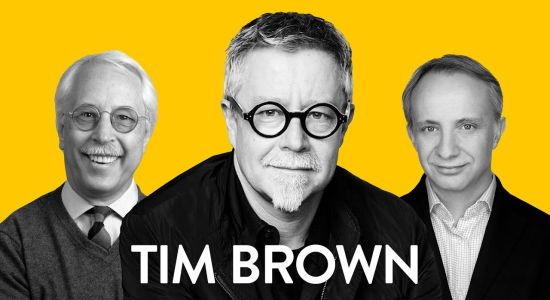 +
+
Everyone a creator: A conversation with IDEO’s Tim Brown
Tim is the chair of IDEO, the iconic Palo Alto-based design firm. In this episode of the New Human Movement, we discuss how to build a deep capacity for innovation in our organizations.
- 1 of 2
- next ›